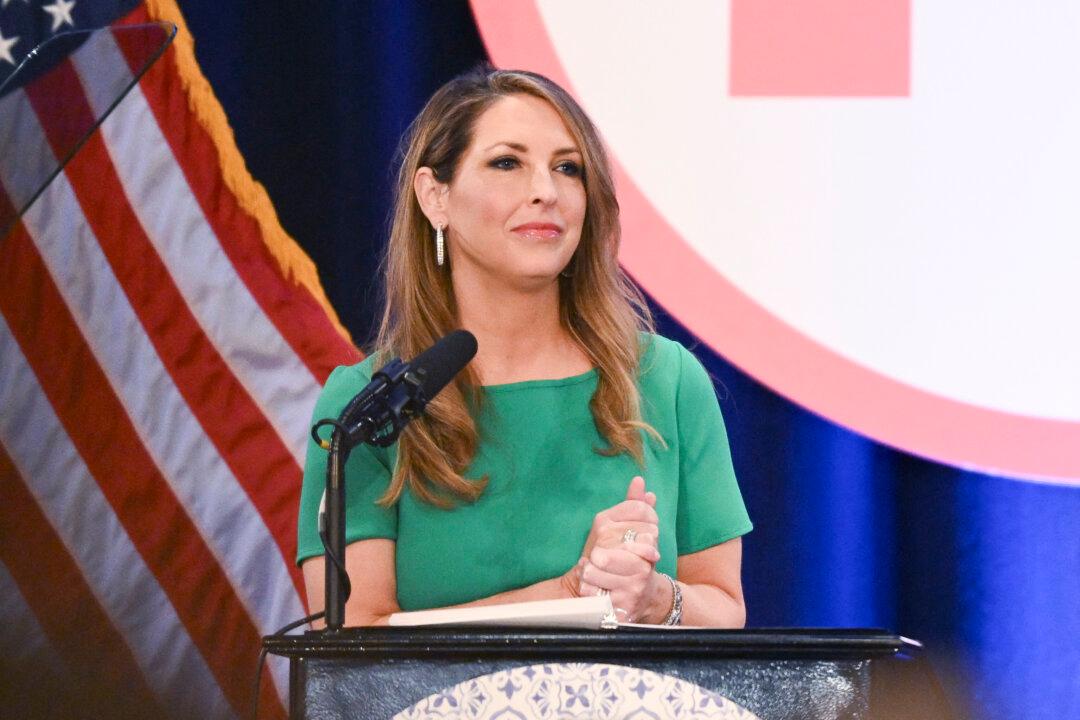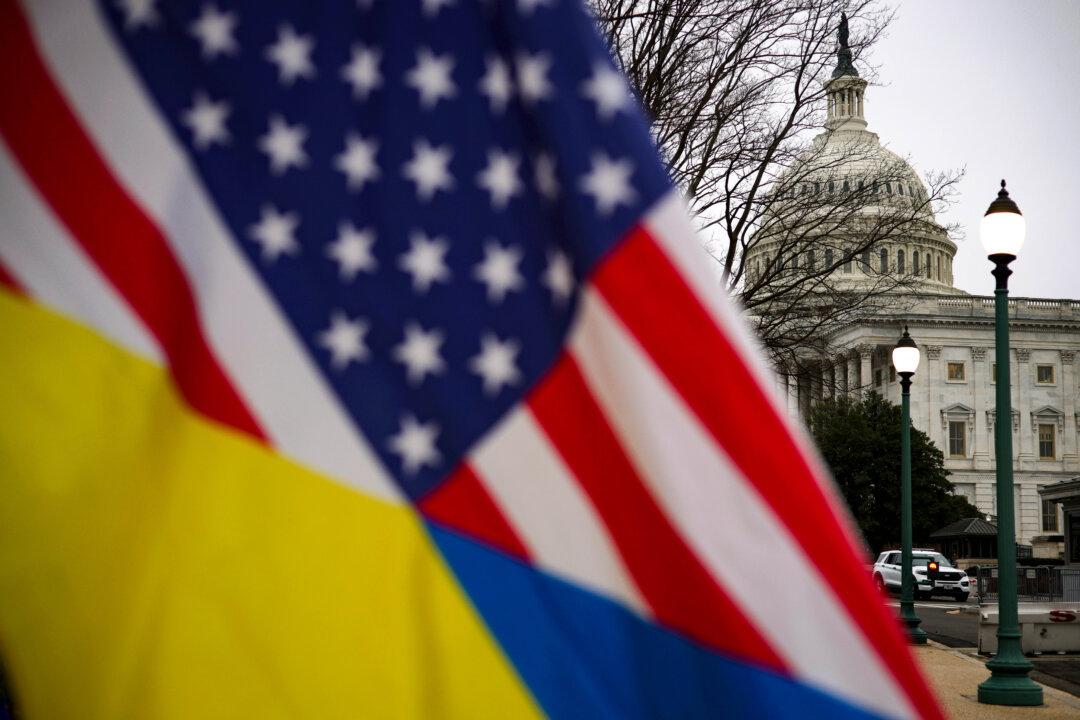Some hotspot states including Arizona, Nevada, Texas, and Florida show the trend of decreasing new cases, according to an analysis by the Johns Hopkins University. Data from 3-day moving averages of new cases per day were used in the analysis.
In Texas, new cases went over 10,000 per day several times between July 7 and July 18. The number decreased afterward. Data from the 7-day moving average shows the state likely passed the peak period of the CCP virus outbreak.





